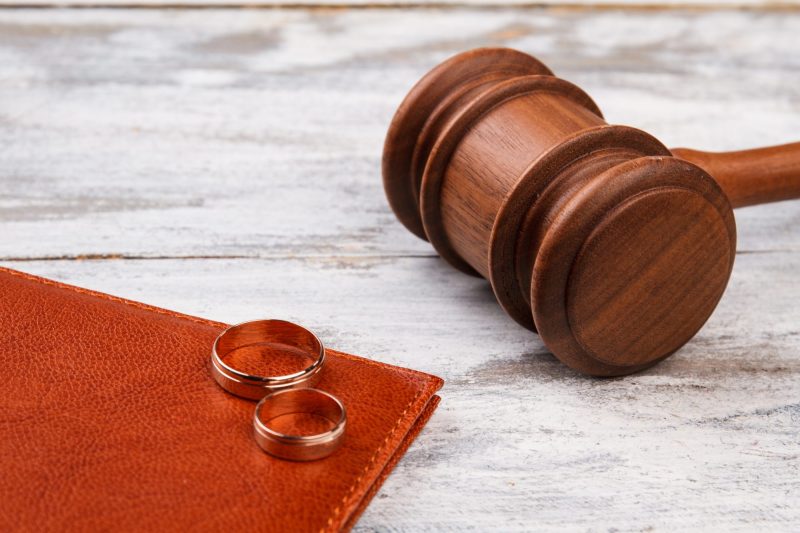 Judges are starting to strike down the laws, calling them racist. But their survival depends on the outcome of the November election.
Judges are starting to strike down the laws, calling them racist. But their survival depends on the outcome of the November election.
By Daniel C. Vock | Governing
Judge Catharina Haynes was clearly dismayed. The Texas native, who practiced law in Dallas before President George W. Bush named her to a federal appeals court, was listening to a lawyer defend her home state’s voter ID law. The law was one of the strictest of its kind in the country, an unapologetically tough effort to crack down on the threat of people lying about who they were in order to vote illegally.
But the law was so rigid, critics claimed, that it would keep hundreds of thousands of honest people from voting, and those people were disproportionately black or Hispanic. The statute had been on the books for four years before the lawsuit reached Haynes and her colleagues in a New Orleans courtroom in April of last year. But in those four years, Haynes noted, the Republican majority in the Texas Legislature had not tried to make the law more accommodating toward minorities. “Shouldn’t they be fixing some of this stuff?” she asked the lawyer. “Why are they wanting to fix this in the court, rather than in the legislature where this belongs? They’re meeting right now. They have that opportunity. What are they doing with it?”




